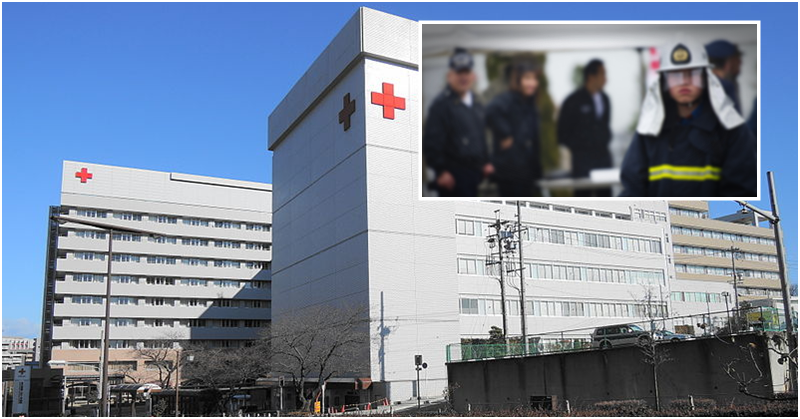As part of the government’s commitment to quality health and provision of basic services to citizens and foreign nationals alike, especially now when a large number of foreign workers as well as tourists are expected to enter the country starting this year, authorities are reviewing systems and policies for resource management, particularly for hospitals.
ALSO READ: Foreign Residents in Tokyo Join Multilingual Disaster Drill
Looking at the previous year when there have been a number of natural calamities that have hit various parts of the country, the government looks to strengthen its disaster preparedness facilities and services for citizens and tourists alike in the event a calamity strikes the country.
Ministry Calls On to Hospitals to Enhance Disaster Preparedness
In line with this, Japan’s ministry of health will urge all the hospitals in the country designated as disaster response medical centres to stock enough fuel to run their power generators for at least three days by March 2021, as shared in a report by the Japan Times.
The Ministry of Health, Labor and Welfare will also ask those 736 hospitals across the country to stock up on their water reserves to sustain their treatment for three days without external supply or access to ground water.
The decision comes in line with the results of a survey conducted by the ministry following the deadly torrential rains in western Japan and the earthquake that caused a complete blackout in Hokkaido last year, which revealed that over 100 of the hospitals do not meet either of the criteria.
Notably, of the 746 hospitals, 114 said that their power generator fuel reserve is not sufficient to support their operations for at least three days, meaning there is potential operational disruption if power and gas lines get severed during an earthquake or other disasters.
Current guidelines only require hospitals to establish ways to source out fuel to keep their generators running on their own for three days or so, but not necessarily in the form of fuel reserves.
In the case of the earthquake that caused a massive blackout in Hokkaido last September, majority of the prefecture’s 34 designated hospitals were forced to scale down their operations, some of which went without power for nearly two days.
And since a number of hospital operators admitted to not having enough space or funding to set up additional fuel storage resources, these facilities will be required to possess at least the very minimum resources needed to operate for at least three days, the ministry noted.
